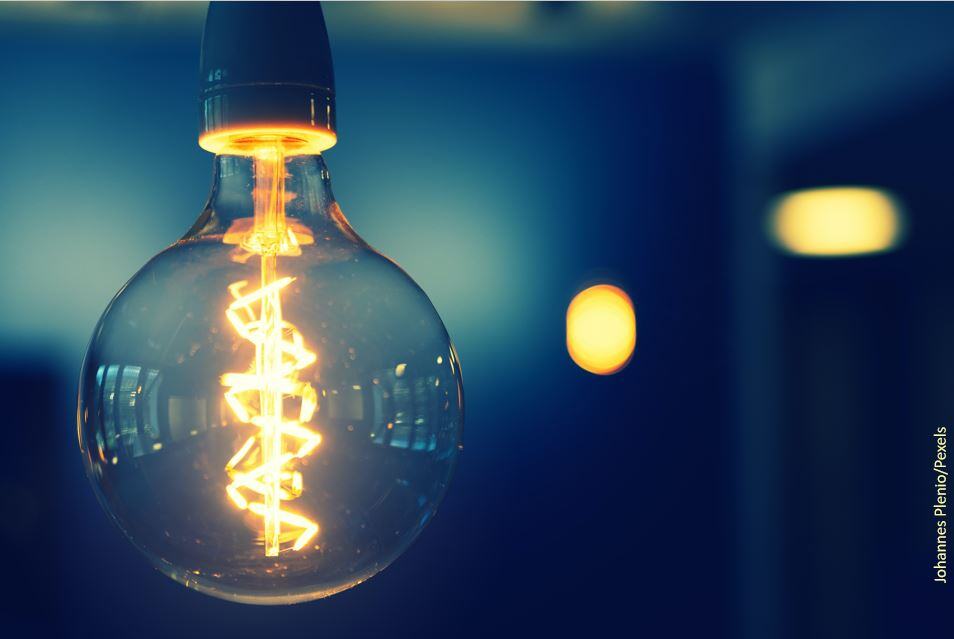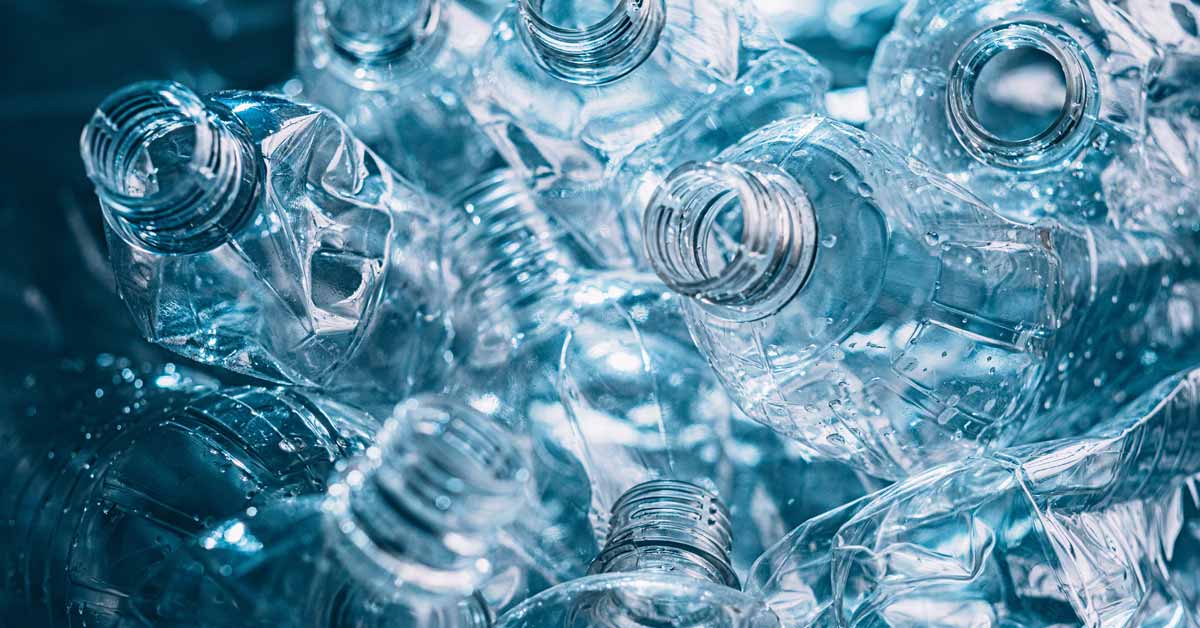3 min read
A new boost to the push towards carbon neutrality: Free white paper
Tecnon OrbiChem
:
May 18, 2022 12:00:00 AM

Just as Covid-19 ushered in social distancing and further digitised our world by making contactless payment mandatory, Russia’s war on Ukraine could accelerate the energy sector’s transformation globally.
In Europe, both the EU and UK are keen to reduce Russian gas imports – the EU by two-thirds before mid-2023. On top of plans to limit Russian gas supply, the UK hopes to phase out Russian oil imports before 2022 ends.While the policies are driven by a desire to dismantle at least some of the means by which Putin retains his power, the move fits the overarching aim of reducing reliance on the carbon-high resource of fossil-based fuel.
Russia exports around 5 million barrels (bbl) of crude oil daily. At the top end in terms of Europe's appropriation, some 34% of Germany's crude oil came from Russia in 2021, according to Reuters. In 2021, around 8% of Britain’s imported oil (Credit: Metro) – and 3% of the oil entering the US, according to the Wall Street Journal – came from Russian oil wells. But if we are going to stop paying Russia for our energy, what are the alternatives in 2022 and beyond?
Carbon neutrality creates opportunity
A huge part of reducing reliance on the fossil-based resources of oil and gas is accelerating the use of solar and wind power. Existing low emissions energy sources – such as nuclear and renewables – will also require fast-tracking if Europe is to meet its own goal of cutting the flow of Russian energy sources across central Europe to the west. Increasing the energy efficiency of homes and businesses is a key part of the equation, as are technologies that are being fully crystalised for real world application today.
Wind and solar
A framework initiated by the International Energy Agency (IEA) sees potential for an additional 35 terawatt-hours (TWh) of generation from new renewable projects such as solar photovoltaic and wind power over the next year. To put that number in perspective, a TWh provides enough energy for every UK citizen to make around 500 mugs of tea. The IEA estimates that adding that amount of sustainable energy to Europe's renewables output could cut up to 6 billion cubic metres (bcm) of gas use.
Biogas and biomethane
While not a strategy that can be realised overnight, biogas and biomethane remain promising low-carbon options, according to the IEA. The decomposition of organic waste produces biomethane, a renewable gas with the same characteristics as natural gas. It can also be injected into the grid or used to power buses, as will soon be seen in Spain's Barcelona.
The IEA believes the EU could significantly curtail its energy dependency on external supplies by developing and scaling up projects in the biogas and biomethane space.
In terms of the EU’s domestic gas output, the technology offers important medium-term potential. Earlier this year, the European Biogas Association (EBA) reported that biomethane produced in Europe was cheaper than natural gas. And, for as long as the cost of natural gas is above $5/mmBTU, biomethane production will likely remain competitive. According to the EBA, it is possible for Germany to generate sufficient biogas to be independent of Russian gas supply by 2030.
By rapidly scaling up the production of biomethane across Europe, the association believes that at least 34 bcms of renewable gas could be provided by 2030 – a further 6 bcms could be produced in Ukraine.
Clean green gas of home
Today, fewer than 50,000 tons of green hydrogen per year is produced worldwide. However, if the 40 or so presently planned green hydrogen electrolyser projects go ahead, we could see capacities as high as 8 million tons per year by 2030, according to IEA analysis.
An example is the Tree Energy Solutions project at Wilhelmshaven in Germany, which, it is estimated, will produce more than half a million tons of hydrogen per year from 2027.
However Europe meets its escalating need for power and fuel, Russia's invasion of the Ukraine has necessitated investment in alternative energy security.
This blog post was inspired by Tecnon OrbiChem's Biomaterials and Intermediates senior consultant Doris de Guzman's white paper Will the Russian-Ukraine war trigger more renewable hydrocarbon investments? The white paper explores these concepts - along with bionaptha production and carbon capture and storage - in greater depth.
Follow the link below, fill in the form and we'll send the full white paper in your inbox.




![[Video] Molecules to Markets Episode 1: Chemical Markets Begin 2026 in a Supply-Driven, Margin-Sensitive Environment](https://www.resourcewise.com/hubfs/images-and-graphics/blog/chemicals/2026/weekly-video-series-molecules-to-markets/CHEM-Weekly-Video-Series-Molecules-to-Markets-Episode-1.png)
